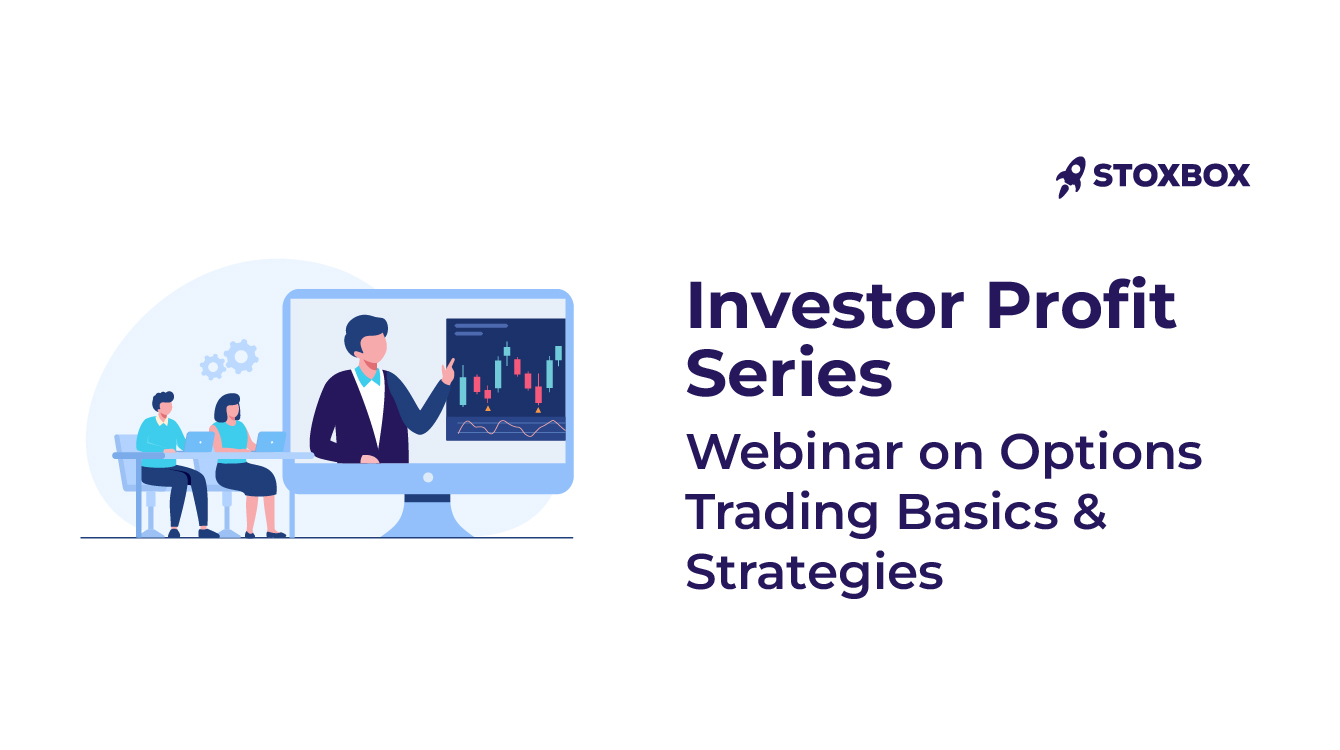A trader who plays by the book may launch off in their trading journey with quite some momentum, but they’re susceptible to hitting a plateau if they don’t put experiences over theories as time passes. This may have been the rationale that inspired the inception of demo trading platforms.
Such platforms utilize stock market live and historical data to create a simulated environment where traders can practice and learn. Nonetheless, demo trading will only be fruitful if beginners are aware of how to make the most out of this learning opportunity. Here’s how it can be done:

1. Assume that money is involved:
Actual money is not involved in demo trading, but it could be a good idea to assume that it is. A lack of conscious regard for losses may lead to developing poor trading habits, such as not realizing the gravity of trading decisions when you enter the real stock market. By treating the demo as if real capital were at stake, you can practice trading with a more responsible mindset. This could cultivate a higher decision-making capacity.
2. Don’t fear to branch beyond stocks:
Not all demo trading platforms offer investment instruments other than stocks, but that shouldn’t stop you from dipping your toes into other markets. You should still search for apps that provide ETF, options or forex trading simulations, even if you think you’ve sufficiently practiced stock trading. This is because other instruments can have different approaches and fundamentals than stocks.
3. Ask questions to yourself and others:
If you’ve identified what stocks to buy today through your demo stock exchange, question yourself on why you’ve chosen those stocks. Constant inquiring can stimulate conscious thinking, and you’re more likely to retain your thought processes later when actually trading stocks.
Likewise, utilize the forums available on demo trading platforms to ask others about their rationale when they invest in stocks. Ask about their goals, selection criteria and or anything else that can expose you to new perspectives.
4. Document learnings:
If you encounter any situation that counters your beliefs about the stock market, it’s best to write it down. For example, it could be facing losses even after investing in seemingly secure stocks on the NIFTY indices. Keep asking ‘why’ until you hit a dead end. You should be able to interlink nearly every reason for market movements. The more you’re able to draw connections, the more enriched your understanding of the stock market.
5. Plan and hypothesize:
Plan your investments as you would if you were actually trading with a Demat account India. Note down the expected and actual outcomes of a trade and list the reasons for them.
The Bottom Line:
Demo trading platforms emphasize gaining trading experience rather than acquiring bookish knowledge. While investment fundamentals are necessary, the more investors practice trading, the more skilled they become at adapting to changing market conditions.
Such trading simulations help learners get acquainted with the inherent complexity of the stock market, which they would eventually encounter when actually trading with a Demat account.
A consideration is that no-risk trading can sometimes lessen the acuteness of making thoughtful decisions. Thus, by assuming that a virtual trading experience is nearly the same as a real trading experience, traders can practice risk management. Nonetheless, learners should not refrain from testing unconventional trading hypotheses as long as they keep the line between recklessness and boldness in sight.